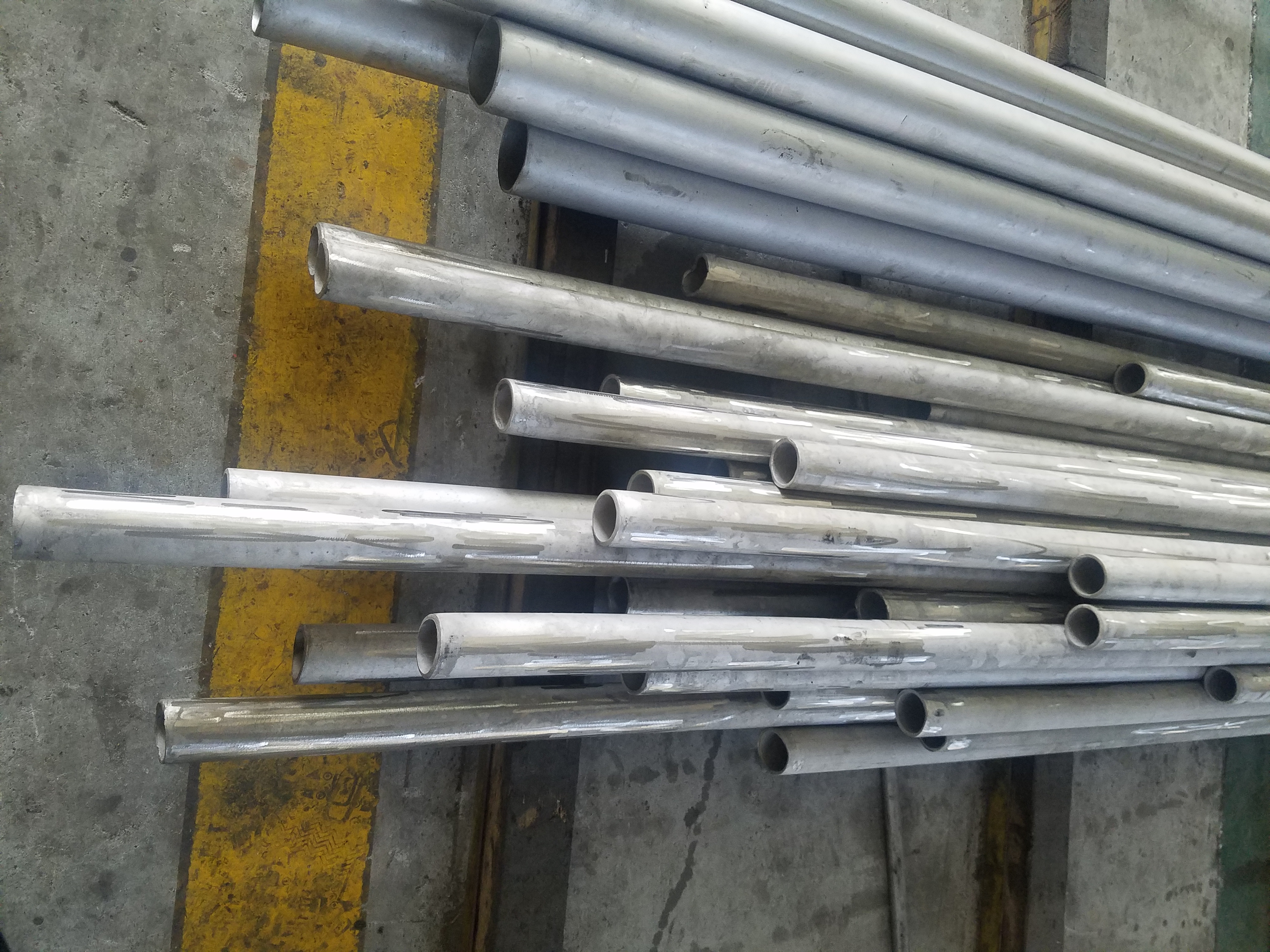In our daily lives, many seemingly ordinary items are made of complex materials. The properties of these materials, such as strength, corrosion resistance and thermal stability, are determined by their microstructure. Today, we will take an in-depth look at a special alloy, UNS N06625 alloy, and the impact of solution treatment on its structure and mechanical properties.
First, let’s take a look at UNS N06625 alloy. This alloy contains the elements chromium, nickel, and higher levels of molybdenum and niobium. It has excellent fatigue strength and resistance to chloride ion stress corrosion cracking, and almost no corrosion occurs in alkaline water, sea water, fresh water, neutral salt and air. At the same time, it also has good hot and cold processing performance and process performance, and is widely used in gas turbine engines, seawater special equipment, pollution control equipment, nuclear power equipment, aerospace engines and other fields.
With the urgent demand for high-grade corrosion-resistant alloys in the domestic energy and chemical industry, UNS N06625 alloy has been widely used due to its excellent characteristics. The solid solution treatment plays an important role in obtaining reasonable structure and mechanical properties of the alloy. Therefore, clarifying the effect of solution treatment on the structure and properties of UNS N06625 alloy is key to the use of this alloy.
Solution treatment is a heat treatment process that uses heating and cooling to change the microstructure of an alloy to improve its properties. During the solid solution treatment process, the alloy is heated to a certain temperature so that various elements in the alloy are fully dissolved in the matrix, and then rapidly cooled so that the dissolved elements are fixed in the matrix to form a supersaturated solid solution.
Our research has found that the solid solution temperature has a significant impact on the room temperature mechanical properties of UNS N06625 alloy. The appropriate solution treatment temperature can be selected according to needs. Grain size and carbides are the main factors affecting the strength of alloys. After solid solution treatment, the precipitates precipitated at the grain boundaries of UNS N06625 alloy are mainly molybdenum-rich carbides, while the precipitates precipitated inside the grains and sub-grain boundaries are mainly niobium- and titanium-rich carbides. Solution treatment has a greater impact on the grain size of the alloy. The temperature is increased from 950°C to 1200°C and kept for 20 minutes, and the grain size grows to 4.0~7.0. Solid solution treatment significantly affects the room temperature mechanical properties of UNS N06625 alloy. When the solid solution temperature increases from 950°C to 1200°C, the yield strength and tensile strength decrease from 480MPa and 900MPa to 380MPa and 810MPa respectively, and the elongation increases from 45% to 57.5%.
In general, solution treatment has an important impact on the structure and mechanical properties of UNS N06625 alloy. Through reasonable solid solution treatment, the properties of the alloy can be effectively improved to meet the needs of various applications.
Tianjin Anton Metal Manufacture Co., Ltd. is a company specializing in the production of various nickel-based alloys, Hastelloy alloys and high-temperature alloy materials. The company was established in 1989 with a registered capital of 10.0 million, specializing in the production and sales of alloy materials. Anton Metal’s products are widely used in aerospace, chemical industry, electric power, automobile, nuclear energy and other fields, and can also provide customized alloy material solutions according to customer needs. If you need to know the price consultation of alloy materials or provide customized alloy material solutions, please feel free to contact the sales staff.
==========================================
www.antonmetal.com
ANTON METAL| Your specialty alloys manufacturer
Email: dominic@antonmetal.com
Phone: +8613132148618(wechat/whatsapp)
Post time: Dec-19-2023











